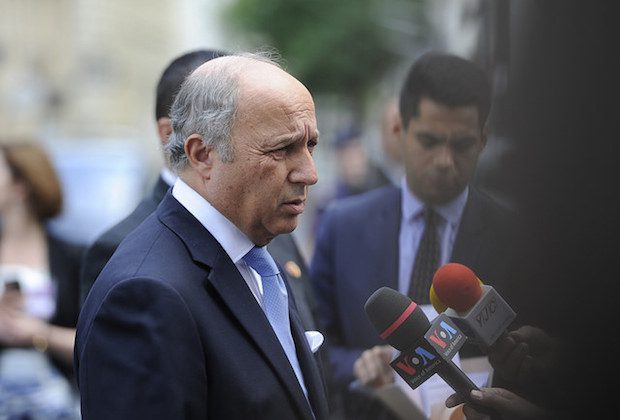Why a Nuclear Deal Won’t Lead to Nuclear Proliferation

Jessica Varnum pours cold water on alarmist claims about regional proliferation following a nuclear deal with Iran. As she points out, all the countries in question lack the ability to develop their nuclear programs on their own, and all have entered into agreements that would limit what they could do once those programs get off the ground:
Both the UAE-South Korea arrangement and various Russian deals underline the extremely low probability that there will be any form of runaway nuclear activity, either civil or military, in the Middle East. All of the region’s nuclear newcomers suffer critical deficiencies in indigenous nuclear expertise and will outsource the construction and operation of their first nuclear plants. Even one of the more advanced aspirant newcomers, Turkey, is struggling to develop sufficient regulatory capacity to oversee its reactors, and will rely entirely on Russia to build and operate the plant at Akkuyu.
Such build-operate-own (BOO) deals are the new paradigm for nuclear development in the Middle East. From a nuclear safety standpoint, this poses concerns. But from a proliferation standpoint, it implies the development of minimal domestic nuclear expertise and little to no possibility for host nations to commandeer their reactors for weapons programs [bold mine-DL].
So when we see a headline blaring that the Saudis claim that they will match Iran’s nuclear capability, it’s important to understand that the Saudis and other states in the region won’t be in a position to use their nascent nuclear programs to build nuclear weapons in the future. Some of these governments may engage in bluster about how they will respond to a nuclear deal, but we should recognize that it is empty or misleading rhetoric intended to undermine support for a deal with Iran. Iran hawks here in the U.S. are happy to amplify the blustering of U.S. clients in the region on this issue. These hawks accept Saudi rhetoric about their nuclear ambitions at face value because that rhetoric fits into the alarmist story they want to tell, but then they are usually only too happy to endorse another government’s propaganda when it aligns with their preferred policy.
Varnum concludes:
The Middle East will continue barely crawling to nuclear capabilities, regardless of what happens with the Iran deal, because, frankly, the region faces much bigger and more pressing challenges.
Finally, it is worth remembering that there has been a nuclear-weapons state in the Near East for decades without triggering regional proliferation, so it is doubtful that the continued existence of a restricted nuclear program in Iran would cause a reaction that Israel’s nuclear weapons have not.